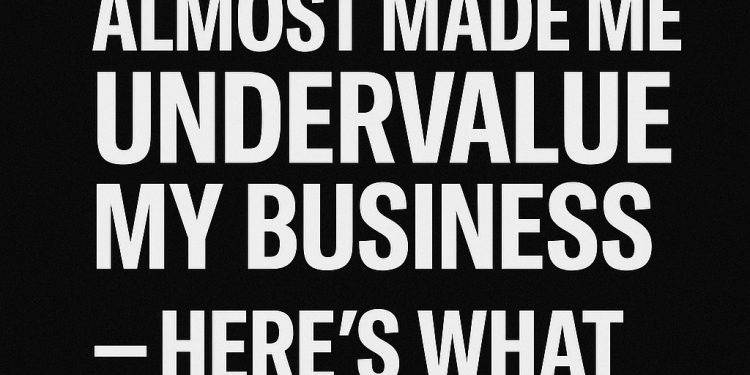In May 2025, I faced a pressing financial challenge that forced me to sell off my inventory. What followed was an unexpected lesson in business psychology: how rejection, when not properly managed, can distort our sense of value as entrepreneurs.
My first potential buyer undervalued the asset significantly. I was so frustrated by the offer that I walked away, feeling both insulted and defeated. Soon after, I approached a neighbour who had previously expressed interest. She also priced the asset well below our initial agreement. Out of desperation and familiarity, I accepted her offer with an arrangement to pay in instalments.
Weeks passed, but no payment came. It became clear she didn’t value the item, and worse, I began to feel the same way.
I took the asset back and found a third buyer. This time, someone with the resources to pay its original price of ₦5,000,000. Surprisingly, when he offered just ₦100,000 more than what I had previously agreed to sell it for, I quickly accepted without negotiation.
Later, my business partner pointed out something sobering: I wasn’t just selling a product, I was selling my mindset. The weight of earlier rejections, delays, and financial strain had worn down my sense of the asset’s worth. I had internalised the devaluation.
This experience made me reflect:
How often do entrepreneurs, especially product-based businesses, begin to doubt their value because of repeated rejection? How often do funding failures, market slumps, or unpaid clients push us into underpricing, emotionally-driven decisions, and compromising our brand worth?
The Hidden Cost of Rejection
Rejection, especially in the early stages of building a product or launching a brand, can cloud your judgment. When you hear “no” too often or worse, silence, it’s easy to lower your expectations, settle for less, or accept unfavourable terms that don’t reflect the real value of your product or service.
This is particularly dangerous when you’re also dealing with funding challenges. Many founders, after being turned down by investors, may start offering equity at undervalued terms, compromising business vision for quick relief. Others slash their prices or dilute quality to attract sales, which only weakens their brand over time.
But here’s what I’ve learned:
1. Rejection is not always about you or your product.
Some people undervalue your product just to see your reaction. If you flinch, they assume it wasn’t worth much to begin with. Hold your ground. Confidence in pricing often signals quality and trust.
2. Consumers are loyal to habits, not just brands.
When you’re new in the market, your product is competing not just with existing brands, but with emotional loyalties. It takes time to shift those habits. Don’t let slow traction convince you that your product has no value.
3. Your location and customer profile shape perception.
Where and how you introduce your product matters. If you’re targeting a budget-conscious market, expect pricing resistance. But don’t lower your worth to fit an unaligned audience; adjust your messaging or distribution instead.
4. Underpricing early can damage long-term brand positioning.
Once customers get used to your lower price, it’s hard to raise it, unless you consistently deliver exceptional quality. Let excellence speak for you and gradually shift perception.
5. Separate emotion from pricing decisions.
Desperation, like I experienced, is dangerous. Whether it’s unpaid debts or delayed funding, emotional pressure can lead to short-sighted pricing. Pause. Re-evaluate. Get external feedback before agreeing to any decision rooted in urgency.
Final Thought:
As entrepreneurs, we must learn to protect our value even when things are hard. Rejection is a part of the process, not a verdict on your product. And if you’ve failed to secure funding, don’t let it define your business. Focus on building traction, refining your brand, and preserving your confidence because the moment you stop believing in your product,everyone else will too.










